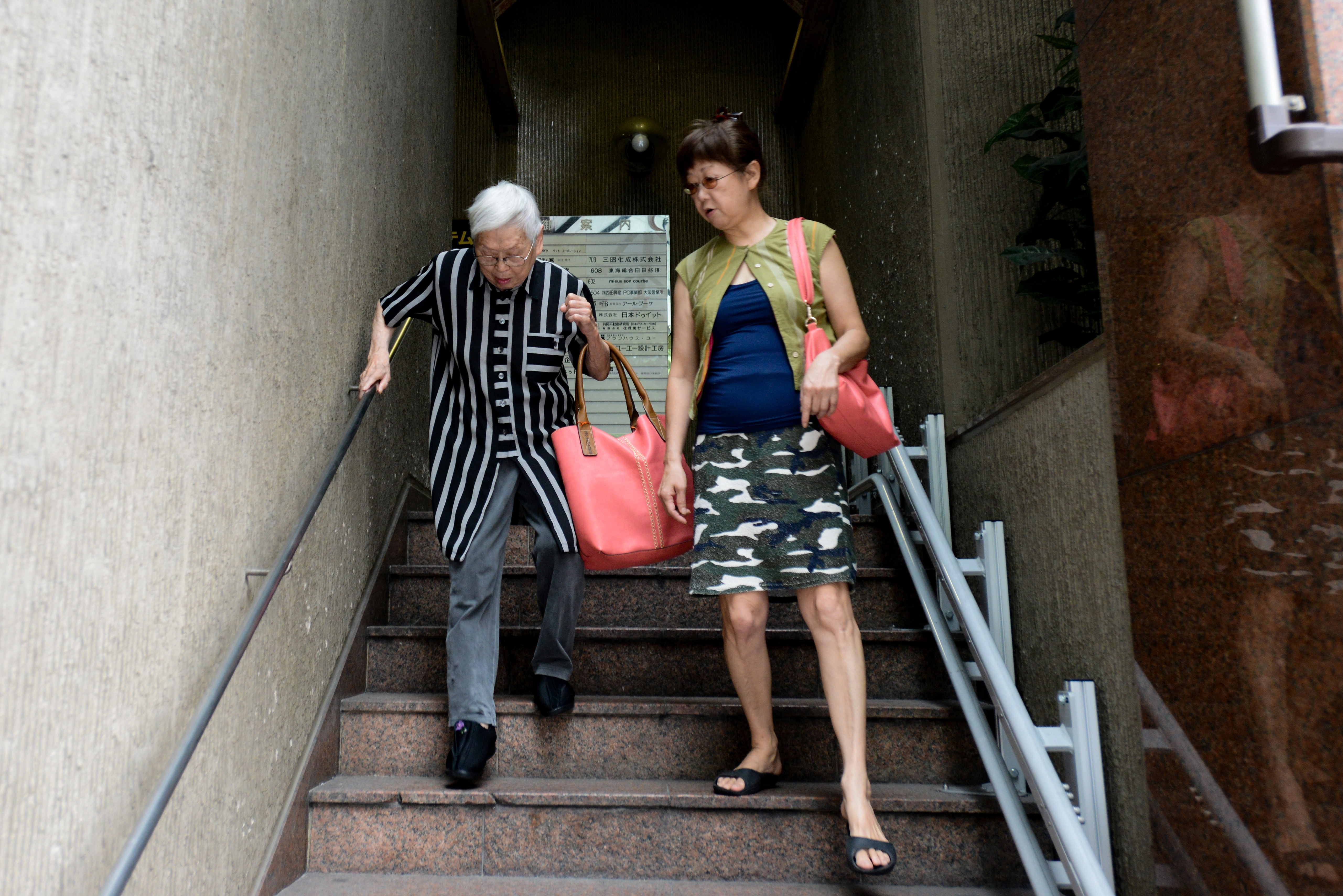Confucius said it's not enough merely to provide for our parents. We must revere them. To fail in filial reverence, he said, is to be no better than the animals.
What did Confucius know? He lived 2,500 years ago, when life expectancy at birth was 22, and 50 was extreme old age. True, he himself lived to 72 — but the general fact remains. A headline such as this one in Shukan Gendai magazine earlier this month would have left him aghast: "Ten million people with dementia!" Not in the world — in Japan. Ten million people — that's nearly 10 percent of its declining population. Not today — it hasn't happened yet (the latest round figure is 5.2 million). But 2025, when some experts calculate it will (a less pessimistic estimate is 7 million), is only 10 years away.
In 2004, a book of essays titled "Demographic Change and the Family in Japan's Aging Society" posed the question of why so little had been done to prepare for what was, after all, a perfectly foreseeable perfect storm: the rapid and unprecedented aging of a nation in which advanced medical care kept death further and further at bay while social changes of other kinds made for fewer and fewer children.



















With your current subscription plan you can comment on stories. However, before writing your first comment, please create a display name in the Profile section of your subscriber account page.